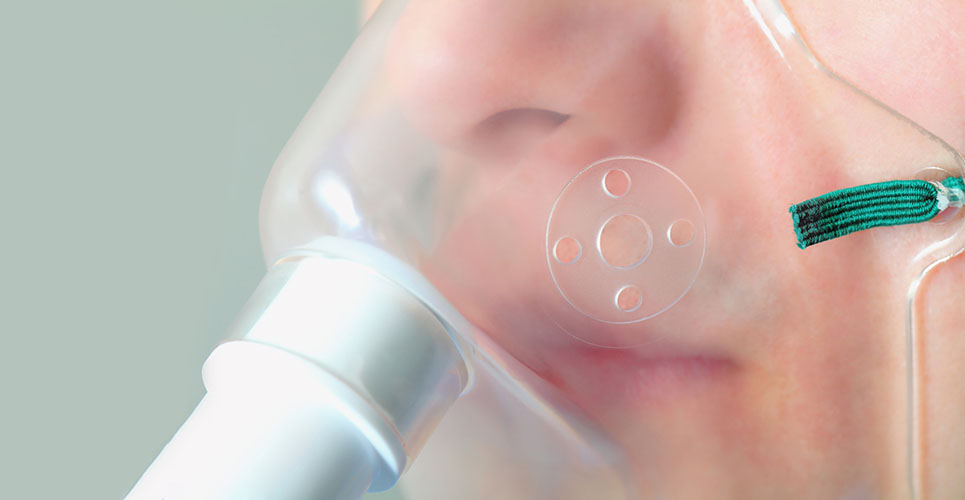Intensive care management is focused increasingly on minimising the adverse effects of sedatives on patients undergoing mechanical ventilation.
The availability of dexmedetomidine (Dexdor, Orion Pharma) as a newly licensed medicine across Europe increases the options available for the sedation of adult patients who are mechanically ventilated and require light-to-moderate levels of sedation.
Mechanism of action
Dexmedetomidine is a highly selective, centrally-acting alpha-2 adrenergic receptor agonist that exerts pharmacological effects on the brain (locus ceruleus) and spinal cord. In the locus ceruleus, activation of alpha-2 adrenergic receptors induces sedation, reduces anxiety and has sympatholytic effects. The sedation closely mimics naturally occurring sleep without clinically significant adverse effects on respiratory function. In the spinal cord, dexmedetomidine produces an analgesic effect by potentially augmenting opioid activity.
Dexmedetomidine also has cardiovascular effects. Low infusion doses primarily produce reductions in heart rate and blood pressure. High or bolus doses cause hypertension due to peripheral vasoconstriction and may also result in bradycardia.
Dexmedetomidine has an onset of action of approximately 15 minutes with peak concentrations achieved within one hour of starting a continuous intravenous infusion. It penetrates easily into the central nervous system, having a rapid distribution half-life of 6 minutes and a terminal elimination half-life of two-three hours. Dexmedetomidine is metabolised hepatically undergoing glucoronidation and hydroxylation by CYP2A6 to inactive metabolites which are excreted renally.
Intubated patients receive maintenance sedation with dexmedetomidine at an initial intravenous infusion rate of 0.7.
Authors
Richard S Bourne, MSc, PhD, MRPharmS
Consultant pharmacist – critical care
Sheffield Teaching Hospitals, Northern General Hospital, Sheffield, UK
Chui Lynn Choo, MSc, MPS, MRPharmS
Specialist pharmacist – intensive care unit
Department of Pharmacy, John Hunter Hospital, New South Wales, Australia

